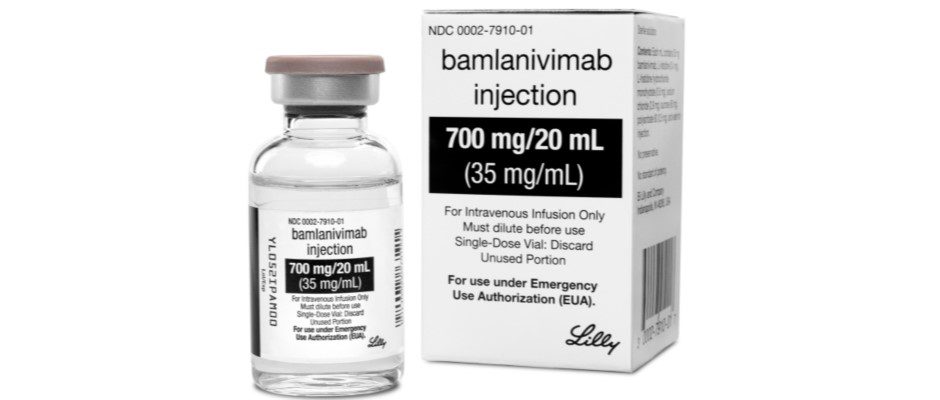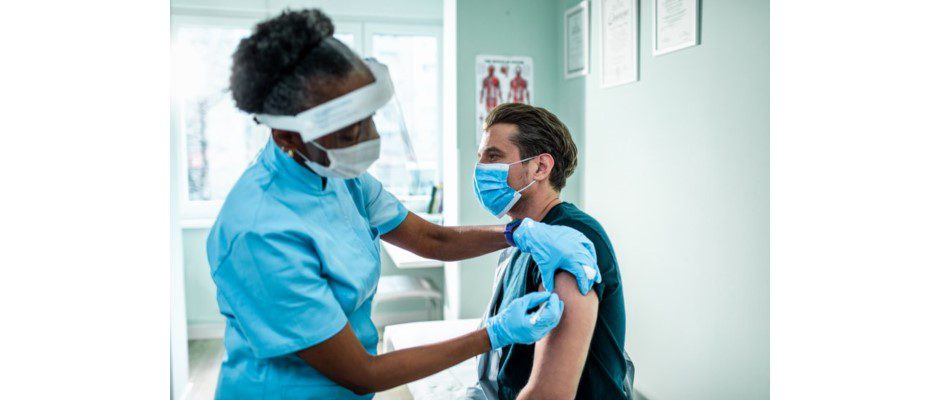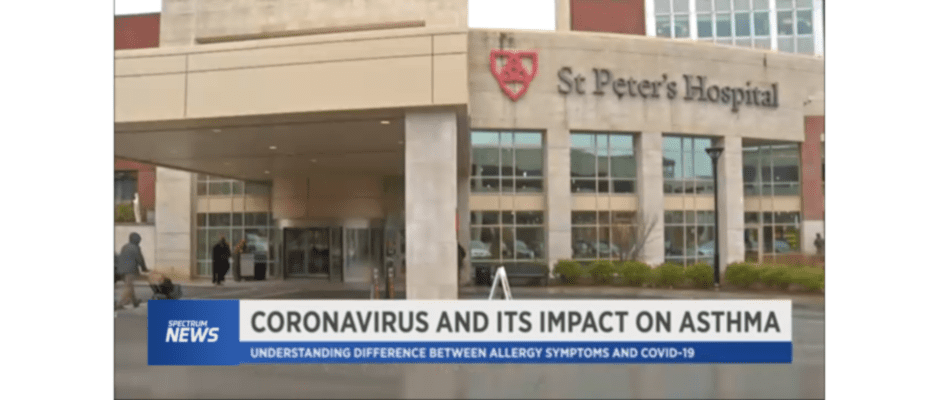
HCP Live, an online clinical news and information portal, featured St. Peter’s Health Partners’ (SPHP) monoclonal antibody clinic in its article highlighting the class of drugs and their use as a treatment for COVID-19.
Melissa Fiorini, M.D., the clinical director of SPHP’s monoclonal antibody infusion clinic, was interviewed for the article. She talked about the challenges of getting the clinic off the ground and educating the public about the treatment.
From the story:
St. Peter’s Health Partners launched its makeshift COVID-19 monoclonal antibody clinic in Albany, NY, on December 3, 2020.
It had been 2 weeks since the US Food and Drug Administration (FDA) granted emergency use authorization (EUA) to Regeneron’s combined monoclonal antibodies carsirivimab and imdevimab for mild to moderate COVID-19 in patients 12 years and older at greater risk of progressing to severe COVID-19.
On that early December day, in a first-of-its-kind unit for the area, Melissa Fiorini, MD, and colleagues administered infusion treatment to 10 patients—a new record in a day for the St. Peter’s team.
…
As a member of both the emergency room (ER) and critical care teams, Fiorini has access to both patient databases to identify new SARS-CoV-2 cases. Promotion of the monoclonal antibody clinic was minimal at the very beginning, so it was her, as the clinical lead, making cold calls to at-risk patients within a week of their positive test, educating them on the drug class’ benefit and setting up an appointment.
Once the clinic became more popularized, those phone calls shifted from 20-minute crash course to a streamlined scheduling system. “I joke that they don’t want to talk to you anymore,” Fiorini said. “They just want a certain time and date that they have to show up.”
During that shift in public knowledge and interest around monoclonal antibody care, clinic runners like Fiorini and Khan were still refining the optimal utility of the newly authorized products. Fiorini found herself bucking against the nearly yearlong message of “stay home unless your symptoms worsen,” to telling high-risk patients to get tested as soon as possible—the confirmed test could assure an infusion.
That time between a patient believing they have COVID-19 under control and them seeking emergency care for severe symptoms can be startlingly brief, and is absolutely vital for monoclonal antibodies to serve their purpose, Khan said.
Click here to read the full article.





